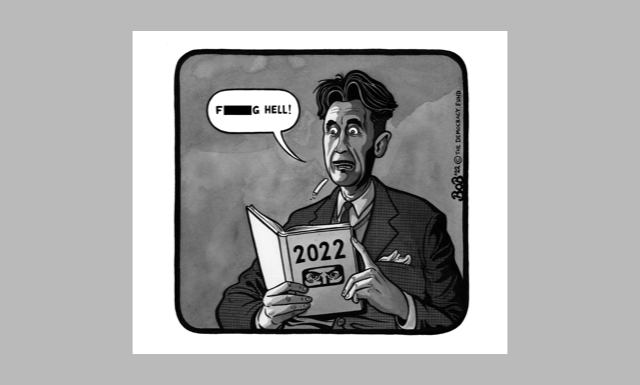The precautionary principle (PP), in its original form, counselled those considering the introduction of an innovative idea – a new way of doing things – to pause and think carefully about the balance between potential benefits and potential harms of the novel intervention, with the emphasis on “potential”, since by their nature innovations will invariably carry a high risk of unknown and unknowable risks of harm. As such, the principle complemented the long-standing Hippocratic oath of our medical doctors to, ‘First do no harm’.
Ethics

A line in the sand for euthanasia
It is easy to make an argument for euthanasia. Heart wrenching stories can be told about people who are suffering terribly and genuinely want to see their already imminent death hastened. The argument for not crossing this line is because as soon as it is crossed there is a very slippery slope on the other side. Canada has demonstrated this in a most tragic way.

Doctors must take back control
Somewhere in England in early 2023, a large group of medics gathered together for an annual conference. No need for the details, lest the GMC attack dogs start frothing at the mouth at the idea of yet another potential witch hunt.

The impact of blanket Do Not Resuscitate orders
In spring 2020, certain groups were denied access to care based on their age, frailty, and underlying health conditions. Blanket Do Not Resuscitate (DNR) orders were issued, without the patient’s consent. Certain hospitals also introduced a policy of not admitting anyone who had a DNR such that active medical care was also denied. How did this come about?

The Banality of Evil, 21st Century Edition
Hannah Arendt is famous for her writings on the banality of evil. Her basic observation is that atrocities such as those seen in World War II were able to happen precisely because ordinary people became — through unconscious obedience and an individual failure to think — wheels in a grotesque machine. “How could that happen?” or “I would never have taken part in this!” are common instincts when reading about such historical events.

Continued restrictions to visiting in care settings
It is 8 months since the government lifted all remaining restrictions to visiting in care settings. But despite these changes, many families are still restricted from visiting family members in care, and support groups continue to report limits to visiting.

The Ethical Principles of Public Health
We are publishing this in full. There is a link at the bottom of the statement and the authors are seeking signatures from around the world. Had these basic principles been followed from the start of 2020, it is hard to know how things might have panned out.

Ethical considerations of the COVID-19 response updated
There has been a stark lack of ethical reflection used in the COVID-19 response. There is an urgent need to restore balance in decision-making and to ensure this can never happen again.

